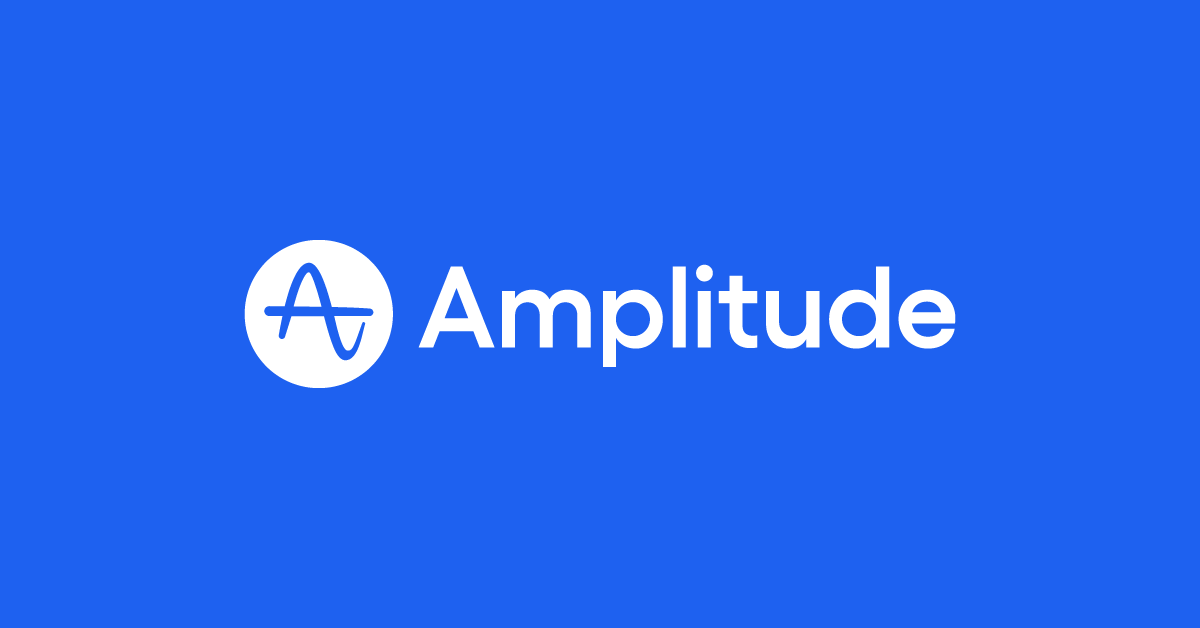In some instances, one must acknowledge that merely being “pretty good” doesn’t suffice. Just ask Spenser Skates and Curtis Liu. Today, these two MIT alumni are recognized as the co-founders of Amplitude, an analytics software company boasting a market capitalization of $1.35 billion and serving over 2,300 corporate clients. A decade ago, their pursuits were vastly different—managing a voice recognition startup named Sonalight.
As Skates, the 35-year-old CEO of Amplitude, describes it, Sonalight was akin to an early version of Apple’s Siri before Siri even existed. In 2011, they established Sonalight, secured a coveted position in Y Combinator’s startup accelerator program, and garnered 500,000 app downloads.
Then came a decision that might appear surprising: they chose to shutter it.
Internally, Skates and Liu recognized that while people initially used the app, they didn’t return to it regularly. “Sonalight was a top-tier idea,” says Skates. “Most ideas are subpar. It was decent, but not the absolute best. It led us to consider seeking a top-tier idea.”
They discovered this idea within their in-house analytics tools, which they’d developed to gain insights into user behavior. “We probably spent about half our time doing that—a somewhat arrogant mistake by engineers, trying to build it,” Skates explains.
However, at Y Combinator, their tools outperformed those used by their peers. Thus, in 2012, Skates and Liu commenced their work on Amplitude, officially launching the analytics platform in 2014 alongside co-founder Jeffrey Wang. By 2021, Amplitude had amassed $336 million in investments, and Skates made the decision to take the company public.
In the following interview, Skates delves into the risks associated with abandoning Sonalight, the process of cultivating exceptional ideas rather than settling for good ones, and why software engineers may not always be the ideal startup founders.
CNBC Make It: What prompted the decision to move on from Sonalight? Did you have concerns about exchanging a decent idea for one that might not work at all?
Skates: When embarking on something new, there is always an element of risk, but the decision wasn’t particularly challenging for us. The key question was: What was the potential success of Sonalight?
At Y Combinator, we had this remarkable, magical demonstration on stage where I placed my phone in my pocket, engaged in a conversation with it, and received responses. This garnered extensive press coverage, a modest amount of seed investment, and around 500,000 downloads. It validated that there was a genuine interest in the product.
However, after nearly a year of development, it became evident to us that the technology wasn’t advanced enough to deliver an outstanding user experience and encourage sustained engagement. It lacked the necessary utility to become a truly sticky product.
We could have persisted for four or five more years and achieved moderate success as a company, but it wouldn’t have been the breakout, massive success we aspired to. Sonalight was not the most promising endeavor for us; there were more impactful avenues to explore.
Once you resolved to change direction, how did you identify the “best” new idea to focus on?
We spent a month engaging in discussions and exploring various ideas. It’s crucial to locate a problem that aligns with your strengths, weaknesses, and interests. Technically, voice recognition was an incredibly challenging problem to solve. It was a probabilistic issue without a clearly defined correct answer.
Analytics, while considered a challenging problem by the average engineer, was relatively straightforward for us because we specialized in algorithms. Creating a distributed data store was well within our capabilities. It represented a solvable problem with a definitive solution. If we could address it, we knew people would want it. Consequently, we decided to embark on that journey, and it proved significantly easier.
We had developed our internal analytics, and what was intriguing was that many other companies were seeking the same insights we were gaining about the customer journey within Sonalight. That realization was a turning point. We spoke to 30 companies, identified a substantial need, and initiated the process of building Amplitude.
Why did you feel the need to pursue “breakout, massive” success? Was there something wrong with aiming for “good enough”?
[After college], I dedicated a substantial amount of time pondering how I could make a positive impact on the world. I reflected on my abilities and realized that I possessed expertise in software development. Consequently, I decided to determine the most significant way I could apply this expertise.
I spent a year working in finance and high-frequency trading while simultaneously attempting to recruit fellow MIT friends to embark on a startup journey. I reached out to classmates, peers, and other acquaintances. Surprisingly, nobody was eager to start a company.
Engineers, it seems, often express enthusiasm for the idea of founding a startup but rarely take the plunge. Many end up at companies like Google, becoming absorbed in their work and never returning to the entrepreneurial path.
Engineers tend to be risk-averse, pursuing a course only if it offers a clear route to success with interim validation. Conversely, startups and entrepreneurship entail embracing uncertainty and taking on personal risk. There are no supervisors or teachers providing reassurance. It’s either you have something people desire or you don’t. One must possess the determination to persist through the uncertainty and recognize the potential inherent in their pursuits.







Leave a Reply